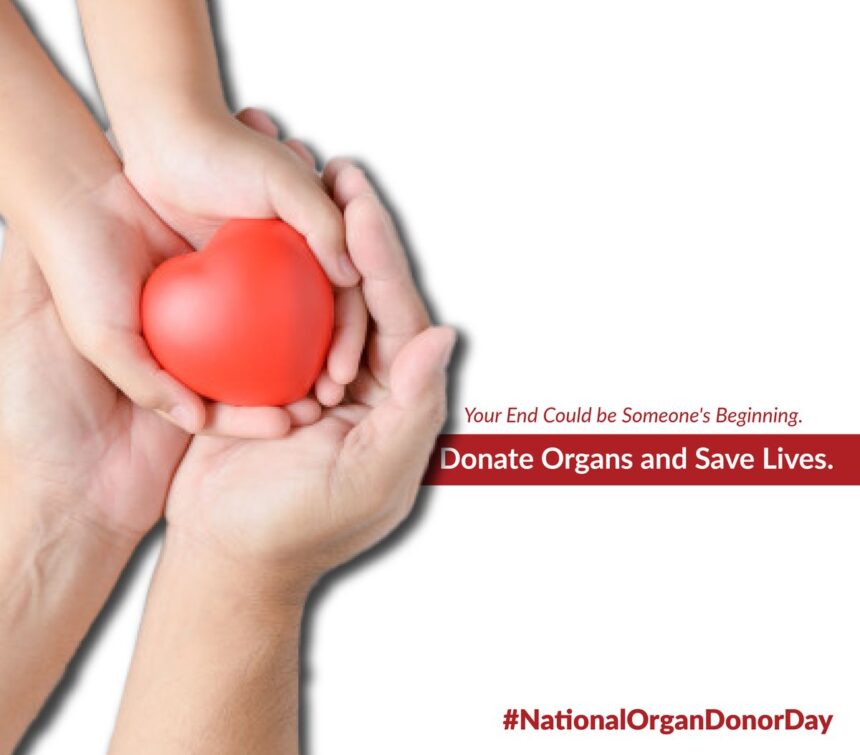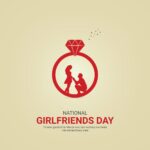🫀 7 Powerful Reasons Why National Minority Donor Awareness Day Deserves More Attention
Each year on August 1st, the United States observes National Minority Donor Awareness Day, a deeply meaningful day that aims to raise awareness about the need for organ, eye, and tissue donations among minority communities. With a special focus on African American, Hispanic, Asian, Native American, and Pacific Islander populations, this observance is part of National Minority Donor Awareness Week (Aug 1–7) and is vital in combating healthcare disparities.
- 🧬 History of National Minority Donor Awareness Day
- 🗓️ Timeline of Key Events
- 📊 Important Facts About Minority Organ Donation
- ❓ Frequently Asked Questions (FAQs)
- Q1. Why is there a separate day for minority donor awareness?
- Q2. Is the organ donation process different for minorities?
- Q3. Can I be a donor if I have health problems?
- Q4. Does religion support organ donation?
- Q5. Is there a cost to the donor or their family?
- ✨ Significance and Impact
- 🌟 How to Observe National Minority Donor Awareness Day
- 💬 Wishing Messages & Captions
- 🔍 Key Observance Points
- 💡 Importance in Our Lives
- 🧭 Final Thoughts: The Power of Life and Legacy
This day is not just about donation—it’s about life, hope, community education, and bridging the gap in healthcare equity. Through this article, let’s explore the history, timeline, key facts, FAQs, significance, observance methods, heartfelt wishes, and its profound importance in our daily lives and society.
🧬 History of National Minority Donor Awareness Day
Established in 1996 by the National Minority Organ Tissue Transplant Education Program (MOTTEP) under the leadership of Dr. Clive O. Callender, this day was created to address the low number of organ donors among minority populations in the U.S.
Back then—and even now—many communities of color suffered disproportionately from illnesses like diabetes, hypertension, and heart disease, which often lead to organ failure. However, due to mistrust in the healthcare system, lack of awareness, and cultural beliefs, donor registrations remained low.
National Minority Donor Awareness Day emerged to:
Educate minority communities
Celebrate minority organ donors
Encourage healthy living
Promote donor registration within communities of color
🗓️ Timeline of Key Events
| Year | Milestone |
|---|---|
| 1996 | National Minority Donor Awareness Day established by MOTTEP |
| 2000s | Annual events, awareness drives, and media outreach increase |
| 2010 | Health organizations begin collaborating with churches and community centers |
| 2020 | Virtual outreach expands due to COVID-19 |
| 2025 | Continued collaboration with influencers and minority-led platforms |
📊 Important Facts About Minority Organ Donation
60% of people on the national transplant waiting list are from minority communities.
African Americans are 3 times more likely than whites to suffer kidney failure.
Matching donors of the same ethnic background often increases transplant success.
Despite being a majority on the waiting list, only 30% of registered donors are minorities.
One donor can save up to 8 lives and enhance the lives of 75 more through tissue and eye donation.
Organ donation does not disfigure the body, contrary to common misconceptions.
Registration as a donor is free, easy, and can be done in minutes online or on a driver’s license form.
❓ Frequently Asked Questions (FAQs)
Q1. Why is there a separate day for minority donor awareness?
Because minorities are disproportionately affected by organ failure but are underrepresented as donors, leading to longer wait times and lower match success rates.
Q2. Is the organ donation process different for minorities?
No, the process is exactly the same for everyone, but compatibility improves when the donor and recipient share a similar genetic background.
Q3. Can I be a donor if I have health problems?
Yes, many health conditions do not disqualify you from being a donor. A professional team will determine what can be used after your death.
Q4. Does religion support organ donation?
Most major religions—including Christianity, Islam, Hinduism, Buddhism, and Judaism—encourage organ donation as an act of compassion and charity.
Q5. Is there a cost to the donor or their family?
No. There are no costs associated with donating your organs after death. All medical expenses related to the donation are covered.
✨ Significance and Impact
🌍 Cultural Understanding
This day helps dispel misconceptions and myths about donation in minority cultures and encourages open dialogue between communities and healthcare providers.
🧑🏽⚕️ Healthcare Equity
Organ donation is more successful when ethnic compatibility exists. Promoting minority donors reduces racial disparities in transplant outcomes.
❤️ Saving Lives
Thousands of people in minority communities die each year while waiting. One conversation about donation could literally save lives.
🧠 Education and Empowerment
By knowing their options, minorities can make informed, empowered healthcare decisions that benefit their families and future generations.
🌟 How to Observe National Minority Donor Awareness Day
✅ Register as a Donor
Visit www.organdonor.gov or your local registry to sign up as an organ and tissue donor.
✅ Share Your Story
If you or someone you know has donated or received an organ, share that story on social media to inspire others.
✅ Host or Attend Events
Blood drives
Community health seminars
Donation awareness walks
✅ Educate Others
Use your platform to spread awareness, especially in faith-based groups, cultural associations, and schools.
✅ Wear Green
Green is the official color of organ donation awareness. Wearing green shows support and starts conversations.
💬 Wishing Messages & Captions
Here are some compassionate messages and quotes to share:
💚 “Every donor is a hero. Let’s honor the gift of life this National Minority Donor Awareness Day.”
💬 “One heart can save many lives. Be the reason someone believes in humanity again.”
🌱 “Join the mission. Become a donor. Change the statistics.”
❤️ “In memory of donors. In support of recipients. In hope for those still waiting.”
🕊️ “Life is the greatest gift. Today, let’s promise to share it.”
🔍 Key Observance Points
📍 Observed on August 1 every year
📌 Part of National Minority Donor Awareness Week (Aug 1–7)
🧑🔬 Founded by Dr. Clive O. Callender & MOTTEP
🧠 Promotes education, registration, and community awareness
👨👩👧👦 Encourages family conversations about organ donation
🫀 Celebrates life-saving heroes and highlights the power of giving
💡 Importance in Our Lives
Organ failure is a universal issue, but minorities are at greater risk. Due to conditions like hypertension, obesity, and diabetes—often linked to socioeconomic status—more minority individuals require transplants than other groups.
Yet, mistrust in medical systems, historic injustices (like the Tuskegee Study), and cultural misunderstandings often discourage these communities from registering.
National Minority Donor Awareness Day seeks to heal, educate, and empower.
🧭 Final Thoughts: The Power of Life and Legacy
National Minority Donor Awareness Day isn’t just a one-day event. It’s a life-saving call to action that resonates far beyond August 1st.
This observance shines a spotlight on:
The unspoken gaps in healthcare,
The potential of every person to be a hero,
And the deep compassion in choosing to give, even in death.
The legacy of donation is the ultimate act of love. Every one of us has the potential to change lives, to bring hope to waiting families, and to bridge the gap between need and generosity.
So today, talk to your loved ones, educate your communities, and become part of the solution.
Because one decision can light up eight lives.








